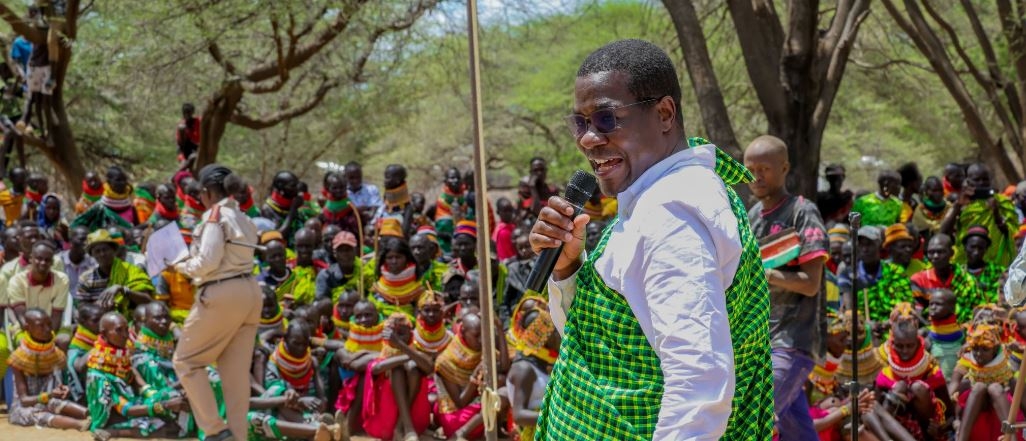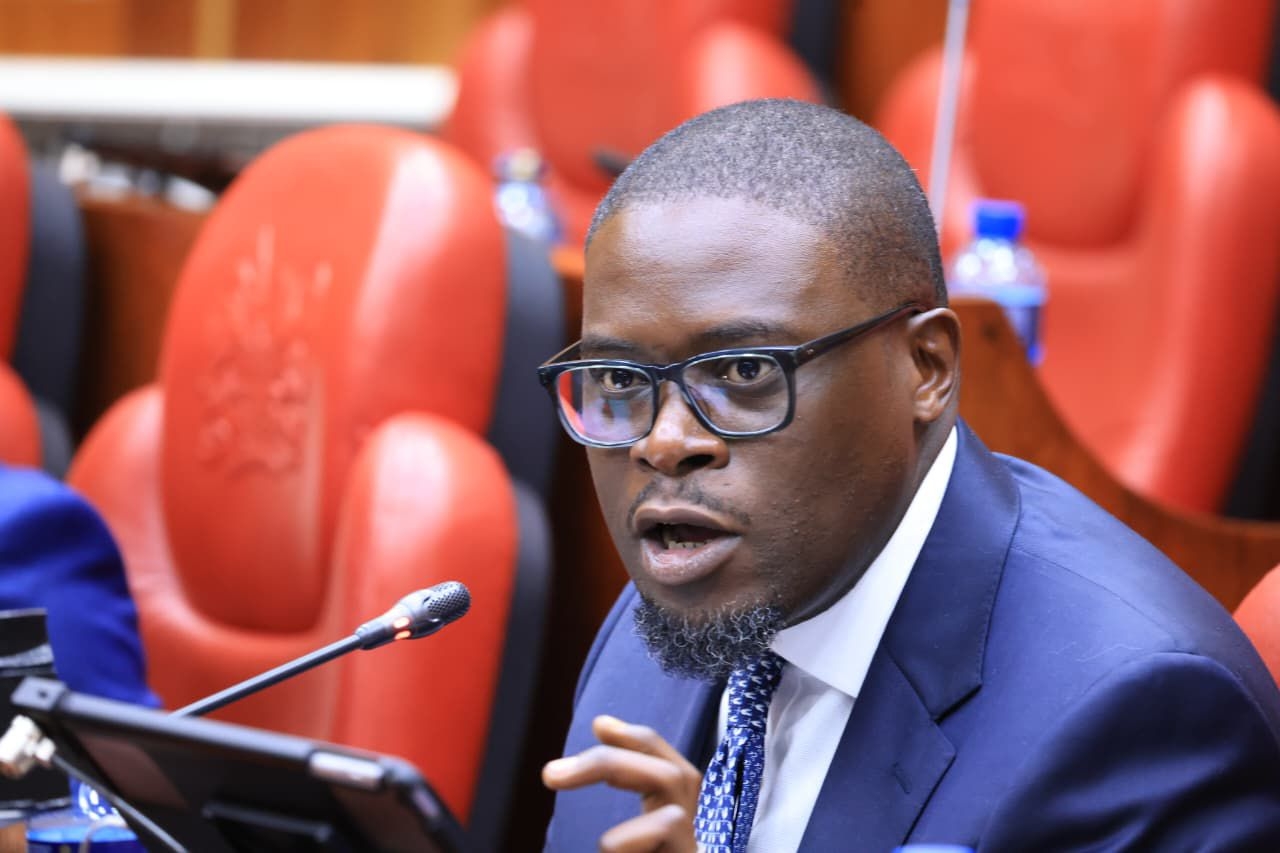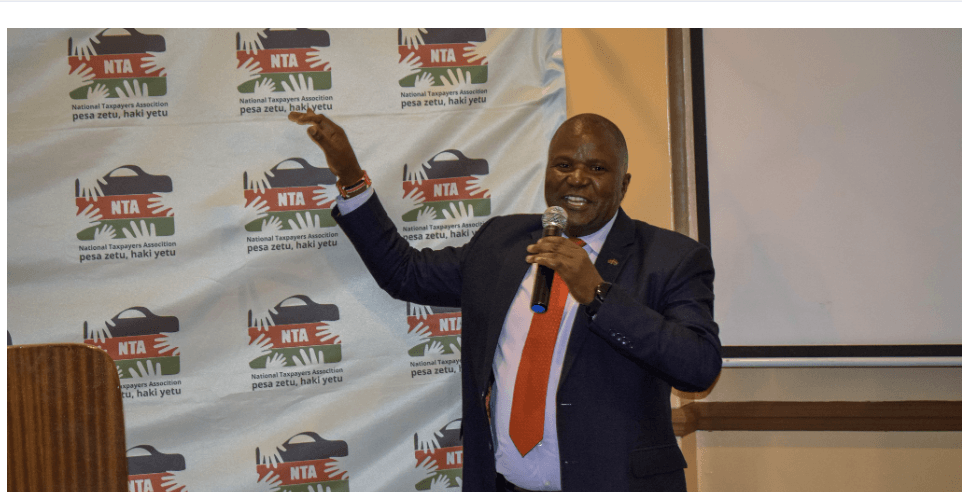Bonface Okinyi stands tall as a vibrant and influential figure in contemporary literature produced by Gen Z. A graduate of Kabarak University with a Bachelor’s degree in Education Arts, his literary journey has been shaped by his diverse experiences, deep passion for storytelling and commitment to our cultural and social heritage.
As the founder and president of Bleeding Ink Global Writers Society Network and co-founder and director of World Scribes Ink Publishers, Okinyi has emerged as a keen voice this decade in our national writerly culture.
He is one of the young authors using a plethora of ideas to advocate for a more inclusive and robust reading culture. In an interview this week, he talked of the post-Covid season as one that has witnessed permutations in creative writing in Kenya under the influence of the youth and emerging writers.
Most of the creative initiatives such young writers have undertaken are tied to social media, which is their choice site of mobilisation, including for the political protests and calls for social change under the banner of Gen Z.
Okinyi argues that social media networks have become essential platforms for literary collaboration and cooperation, providing believers in creative writing with opportunities for learning and growth. These networks offer a space where writers can share their work, receive feedback and engage in discussions that enhance their craft.
However, his primary motivation to write as a youth is deeply personal and multifaceted. His experiences growing up, particularly within a family shaped by a single mother’s resilience and the complexities of an abusive marriage, have profoundly influenced his perspective.
These personal narratives, coupled with his acute observations of societal dynamics, fuel his literary endeavours. He writes to give voice to the underrepresented, particularly the boychild, and to address themes of social justice, cultural identity and human relationships.
His first book, Wicked Agadapidi and Other Songs, published two years ago, was inspired by the need to balance the narrative portrayed in canonical works from East Africa like Okot P'Bitek’s Song of Lawino, which empowered the woman of culture. Okinyi’s writings, thus, serve as a platform to explore and express diverse human experiences and societal issues.
Reflecting the timeless wisdom of the stoic philosopher Epictetus, the young author embodies the principle that, “If you want to be a writer, write.” This straightforward yet profound guidance underscores his reason for dedication to the craft of writing.
He believes that writing is an active pursuit, one that requires persistent effort and a deep commitment to storytelling. This is what he preaches as he moves around the country, helping writing clubs in various schools to plant the seed of this enterprise earliest in the lives of Kenyans.
Okinyi’s writing process is rooted in consistency and a willingness to embrace feedback and criticism. He recalls the challenges of crafting his first manuscript, which was met with critical feedback from Frank Kiptoo of Striidas Publishers. This experience taught him the importance of persistence and revision.
Whenever I read his works, my bespectacled eyes discern his aesthetic style as one characterised by plain language, local dialects, vivid descriptions, humour and symbolism. Dialogue plays a central role in his work, reflecting his background as a thespian.
Through these stylistic choices, Okinyi creates immersive and relatable narratives that resonate with his readers. He is also a proponent of writing in indigenous languages to preserve cultural heritage and enhance comprehension among young readers.
He writes for a broad audience, including young and adult readers, scholars and the general public. His work is intended to educate, entertain and provoke thought. He believes in the creative power of literature to shape a just and democratic society.
By addressing themes ranging from politics and economics to culture and technology, this illustrious scribe aims to engage with various societal issues and promote a deeper understanding of Kenyan and African identities. He also places great value on collaboration with other writers, believing that collective ideologies and shared experiences enrich the literary landscape.
He told me of his strident belief in the importance of Gen Z authors in revitalising the aesthetic and art traditions of our country and region, arguing that each society grows through regeneration.
“Gen Z and Millennial writers,” he syas, “are the current torchbearers of our literary heritage, capable of breathing new life into age-old traditions and ensuring their relevance in our beloved country and continent.”
This perspective highlights the crucial role of emerging writers in sustaining and evolving the cultural narrative that has been planted and cultivated by the pioneer scribes of this corner of the world.
Okinyi’s writing is driven by his perspicacious reflections on societal events and personal experiences. He writes about contemporary issues that affect society, using literature as a mirror to reflect, critique and propose solutions.
“Our politicians and leaders should be like the old Panafricanists of the last century: good with the gift of the gab and garb, but excellent with the skills of reading and listening.”
His own writing schedule is flexible, often influenced by his roles as an educator, publisher and literary advocate. To overcome writer’s block, for example, he turns to reading, movies, social media interaction with other scribes and nature walks, drawing inspiration from different sources to conveniently fuel his creativity.
As an advocate for a robust reading culture, he has founded and led literary networks and extravanganzas that promote the consumption and critique of literary works. These networks provide platforms for writers to share their work, receive feedback and engage with trending topics, fostering a vibrant literary community.
Last year in early December, he was instrumental in organising the Art, Meat and Meet creative writers outing on the ranch of Prof Kivutha Kibwana and his wife Nazi Kibwana, two eminent creatives who have now become a great source of mentorship and inspiration to Okinyi and the writers of his generation.
By establishing World Scribes Ink Publishers as a new outlet for authors who find it hard to break even with old publishers, he addresses the challenges faced by many upcoming writers in accessing traditional publishing avenues.
He provides affordable publishing services and thus lends a hand in democratising the literary space and supporting the emergence of new voices. It is these sorts of initiatives that make me call him one of the young high priests of new Kenyan literature. His dedication to literature as a tool for social change and cultural preservation marks him as a person of interest in the literary landscape of Kenya and beyond.
















